Published
6 months agoon
By
taryn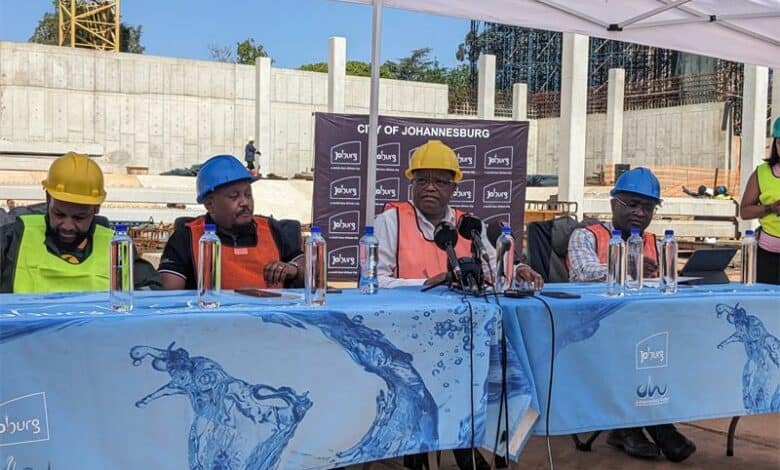
Johannesburg is facing a severe water crisis. Ongoing drought, high temperatures, and an aging infrastructure strain the city’s water supply. Mayor Dada Morero and Johannesburg Water’s Managing Director, Ntshavheni Mukwevho, recently spoke about the urgent need for residents to use less water.
During a press briefing at Brixton’s new reservoir construction site, Morero explained that water demand now exceeds what’s sustainable. The city currently has only 40% of its ideal water storage, well below the 60% needed to maintain a steady supply.
Mukwevho urged residents to help cut daily water use. Currently, the city receives 1,700 megaliters (ML) per day from Rand Water, but it needs to reduce that to 1,500 ML per day—a decrease of 200 ML—to maintain balance. Without a change, more severe restrictions may be needed.
Johannesburg’s water issues come from several sources:
Morero and Mukwevho outlined a strategy to cut water use and fix infrastructure issues. This plan includes:
Mukwevho shared that these measures could reduce water demand by 37,123 ML each year, helping stabilize Johannesburg’s water supply.
The city faces an R26 billion backlog for infrastructure repairs. An additional R11 billion is needed for new water projects. While some funds come from provincial and national treasuries, Johannesburg will need grants and loans to meet all funding needs.
Morero stated that funding delays cause infrastructure issues to worsen, and the city is working to improve water billing systems and reduce non-revenue water losses.
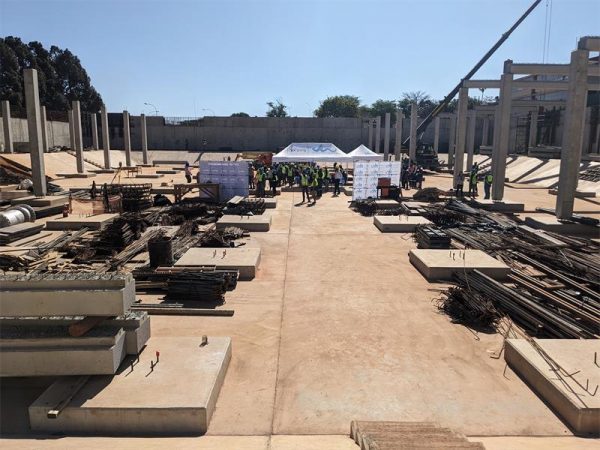
Mayor Morero reminded residents that level 1 water restrictions remain active. These restrictions limit using hosepipes for gardens, washing cars, and filling pools. Morero also launched Vikela Amanzi (“Protect Our Tomorrow”), a new campaign urging residents and businesses to cut water use.
“Vikela Amanzi” aims to educate people about water conservation and encourage everyone to act to protect Johannesburg’s water resources.
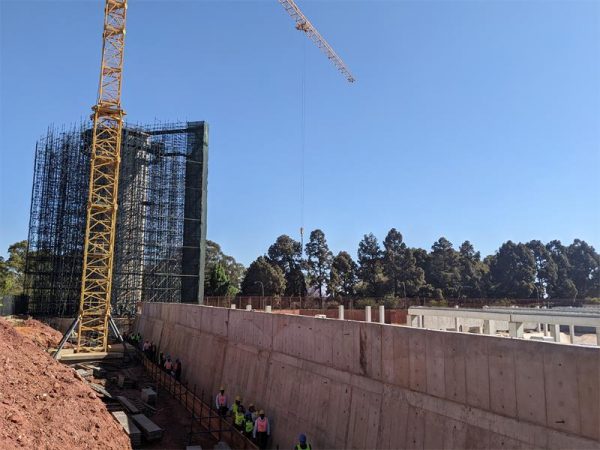
To conserve water, residents can:
Johannesburg’s water crisis calls for community action. By following water restrictions, fixing leaks, and reducing water use, everyone can help protect this vital resource. Mayor Morero’s message is clear: conserving water today will help secure a stable future for Johannesburg.
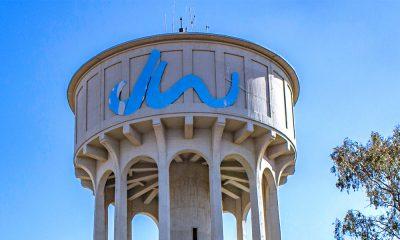

Johannesburg Water Faces Crisis as Theft and Vandalism Disrupt Essential Services


JMPD’s new leader Patrick Jaca backed by city, challenged by officials
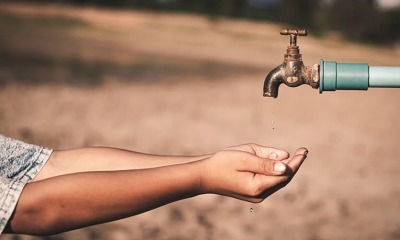

Johannesburg on Alert: Major 2-week Water Cuts Coming This May
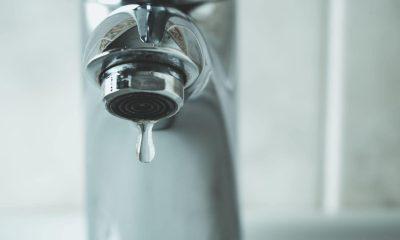

Joburg Prepares for 42-Hour Water Outage Across Several Suburbs
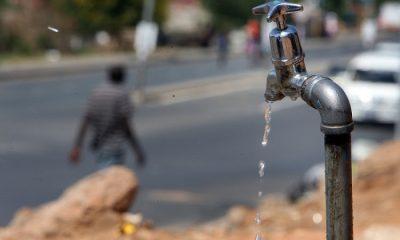

Johannesburg Water Fights Back Against Infrastructure Theft and Vandalism Crisis
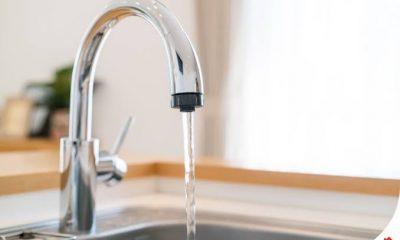

Joburg applies for R750m IFC loan to fix ageing water systems















